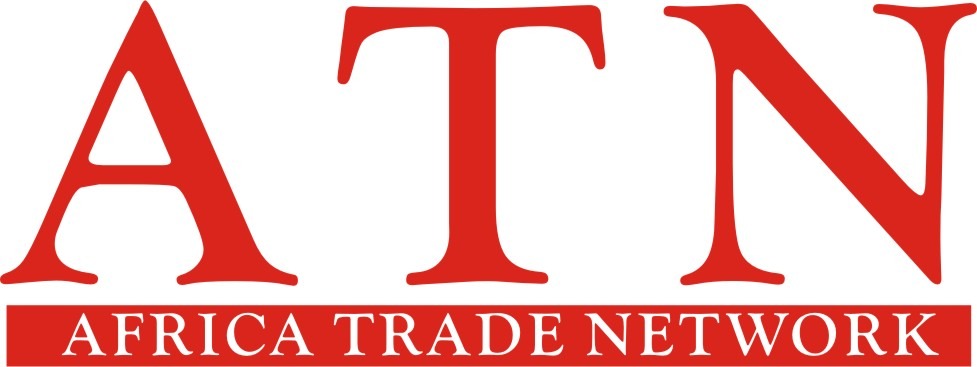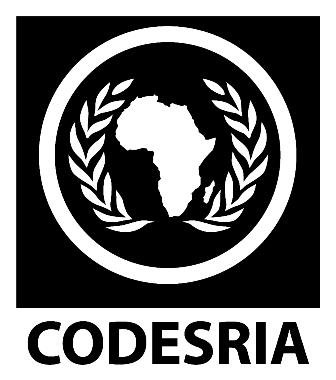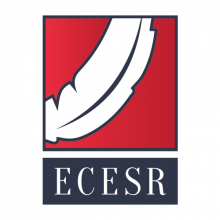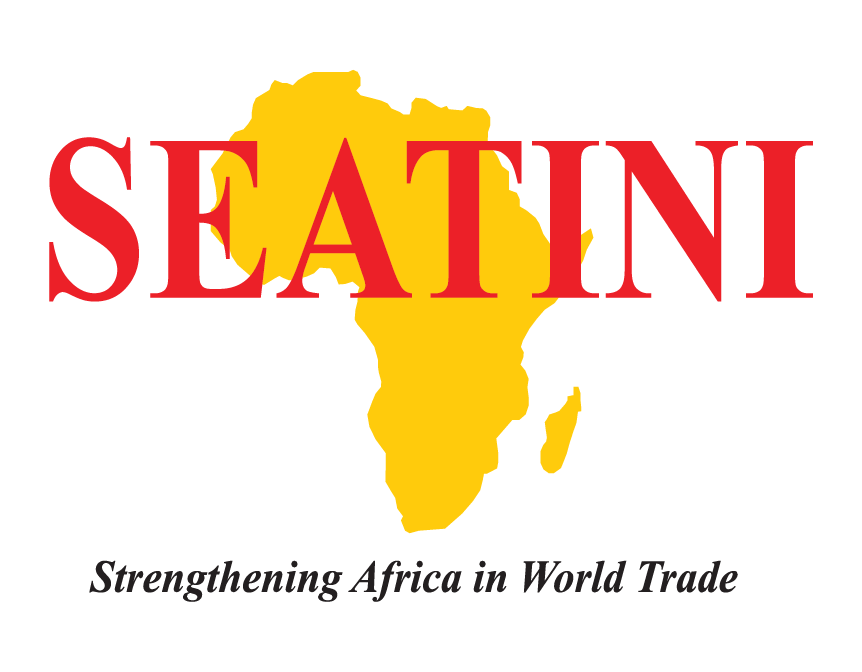Region
Africa
Featured Convening
See other conveningsTowards an Equitable and Transformative Continental Free Trade Area: A Heterodox and Feminist Approach
See other conveningsThe African Continental Free Trade Area (Continental Free Trade Area) represents a major step towards regional integration, being poised to more than double the share of intra-African trade (currently at only 12%) by 2022. At the same time, there is widespread concern, particularly… See More














